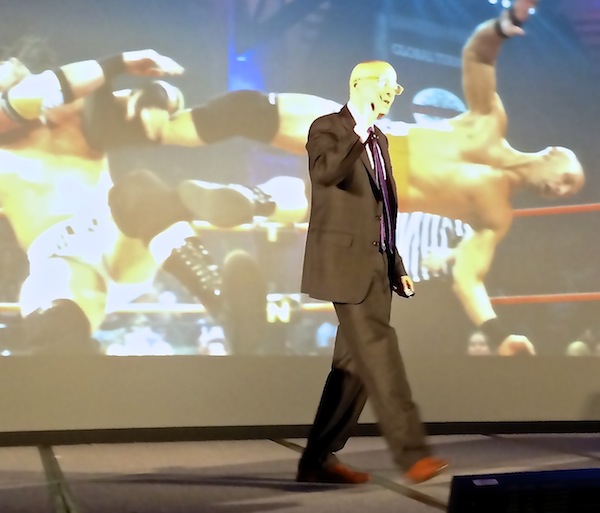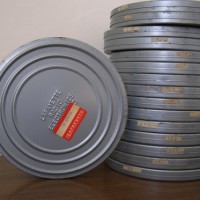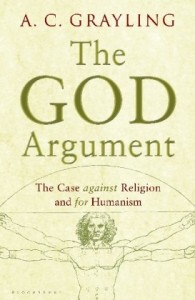
The company I worked for for 29 years, Learfield, brought four or five hundred employees and friends to Dallas last week to celebrate the company’s 40th anniversary. We had two speakers: Ken Blanchard and Seth Godin. Following Mr. Godin’s excellent talk, he took questions.
How important is your blog?
“There’s two kinds of important. There’s the important of ‘can I make a living doing this,’ and the important of ‘this is who I am.’ My blog has nothing to do with me making a living. I don’t run any ads on it and I don’t sell many things on it, almost nothing, and that’s not why I do it and why I’ve been doing it for ten years. I do it because this is my chance to speak the thing I want to say, to talk about what I notice. If I had to pay money to write my blog, I would. The people who have blogs you don’t want to read are doing that blog because it’s their job. So I spend more time on my blog than almost anything I do because it’s my chance to do my art, as I see my art. […] The people who say ‘how am I going to get paid for this tomorrow?’ never make good stuff.”
“My blog is read by more people than all but ten magazines in the United States. And I write the whole thing by myself, every day. I don’t expect to stop blogging any time in the next 40 years.”
What do you see as the future of radio?
“Radio means two things. Radio means audio delivered to masses of people who want to hear it, and it means FCC coveted spectrum. Spectrum is over. For sure. We’re only two years away from cars having radio in them that has wifi. Once that happens, my radio, in my car isn’t going to have ten channels or a hundred channels, it’s going to have ten thousand channels, a hundred thousand channels. When there’s a hundred thousand radio stations to choose from, I’m not going to pick the local jock who’s yelling at me because he needsw his Arbitron ratings to go up a tenth of a point, I’m going to pick someone who cares. Radio connects us if it chooses to.”
And here are some of my notes from Mr. Godin’s remarks: Continue reading →


 While watching
While watching 
